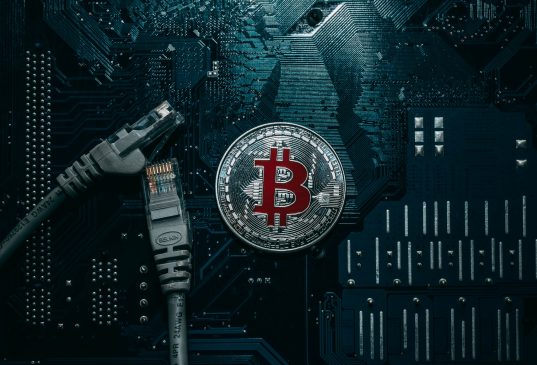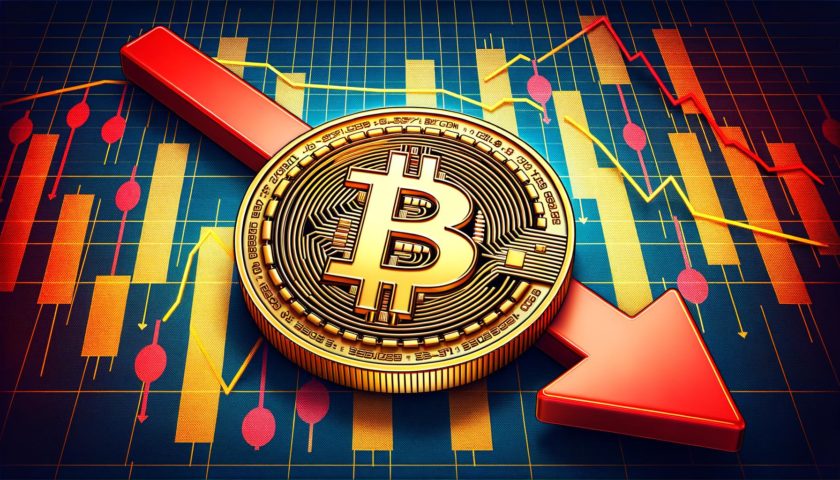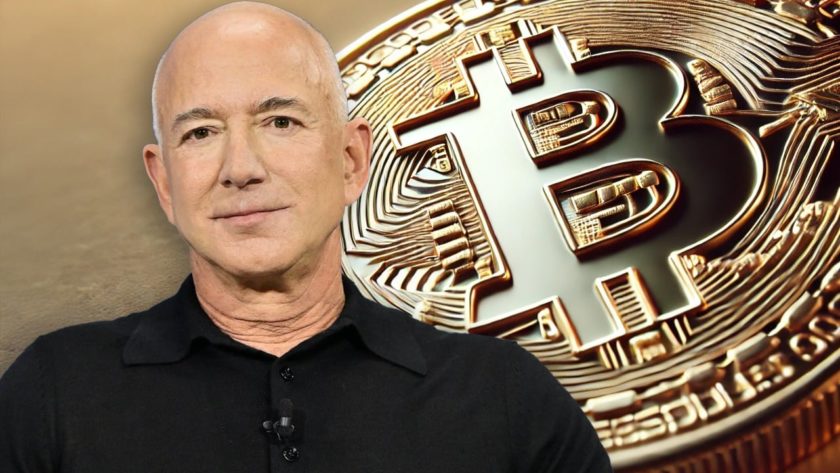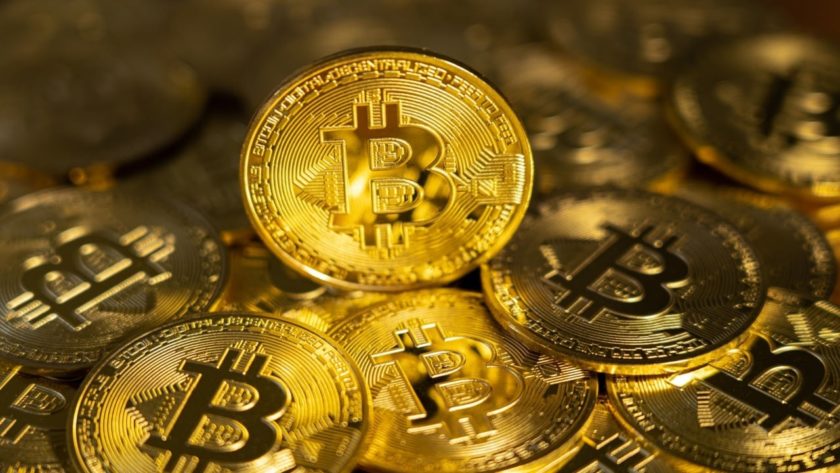Davos may be an event centered around the realm of traditional finance, but crypto & blockchain technologies have been mentioned. In a recent interview with Bloomberg TV, Huw Van Steenis, senior advisor to Bank of England’s governor, Mark Carney, bashed this nascent asset class. Steenis, who purportedly is compiling a report about the future of finance, claimed that cryptocurrencies, like Bitcoin (BTC) aren’t on his radar, or list of concerns for that matter.
The former Morgan Stanley economist, a seeming critic of often-nebulous digital currencies, then remarked that blockchain-based assets “fail” the basic tests that financial services are de-facto run through. Steenis explained that BTC, along with other digital assets, are slow, fail to hold their value over time, and aren’t a viable, bonafide Medium of Exchange (MoE)
The following is a point-by-point rebuttal of Steenis’ quips in no orderly fashion.
Bitcoin Is Digital Gold
First off, I would argue that BTC is a perfect example of an alternative for gold, or better yet, the second coming of the precious metal in digital form. Per recent reports from Ethereum World News, Alistair Milne, the chief investment officer at Digital Currency Fund, recently claimed that Bitcoin has seen its Store of Value (SoV) proposition become more apparent. More specifically, he noted that Bitcoin’s investors are now “very aware that BTC is like trading gold with 100x leverage,” along with the fact that the flagship cryptocurrency’s inflation rate will be lower than that of the precious metal. And, as “no one appears to doubt the usefulness of gold,”
Milne isn’t alone in touting this sentiment. Far from, in fact.
The Winklevoss Twins, the co-founders of the Gemini Exchange, recently claimed that Bitcoin “better at being gold than gold itself.” Twin Tyler noted that as this industry continues to develop, BTC will continue eating up bits of gold’s market capitalization, until the newfangled cryptocurrency passes its (arguably worse) physical counterpart.
Lou Kerner has also recently chimed in on the matter. Kerner, the founding partner at CryptoOracle, divulged that the cryptocurrency’s portability, ease-of-use, divisibility, and scarcity, make it a viable alternative to precious metals, and will allow BTC to eventually surmount its quintuple-digit cell.
Crypto Is Far From “Slow”
Crypto isn’t slow. While many lambast Bitcoin’s inability to finalize transactions, SWIFT is even slower. SWIFT, a system used by global banks for cross-border transactions, takes upwards of three days to process transactions, at a high fee no less.
Even credit card networks, like Visa and Mastercard, aren’t as quick as they appear from an outside looking in perspective. In fact, for merchants, plastic-enabled transactions often take days, if not weeks to reach true finality (in merchant’s bank account), far from near-instant.
PayPal isn’t much better. The fintech giant, Silicon Valley’s fintech hopeful, has long been lambasted by the crypto community for its ludicrous fees and long transactions time. This isn’t a baseless claim. I, myself, once had to pay 4.5% on a triple-digit transaction that took four days to reach my friend’s bank account. Paying multiple Starbucks coffees-worth for a simple transaction wasn’t fun. I can’t be the only one to be feeling that way… right?
Compared to the aforementioned ecosystems, Bitcoin’s ten-minute, Ethereum’s sub-thirty second, and XRP’s near-instant transaction times are much preferred.
In fact, Anthony Pompliano of Morgan Creek once claimed that the market cap of BTC may surpass that of Visa & Mastercard in three years time, specifically due to the crypto’s strong fundamentals.
Digital Currencies Are A Viable Medium Of Exchange
Although digital currencies evidently aren’t used in common Joes & Jills’ day-to-day, these assets have already begun to see their fair share of adoption in the real world.
According to data gathered by Satoshi Capital, a New York-based Bitcoiner-headed crypto research unit, trillions of dollars worth of value have been transacted across the flagship cryptocurrency’s underlying network in 2018 alone. Citing data from Coin Market Cap and other sources, Satoshi Capital, named after the pseudonymous creator of the crypto revolution, revealed that over $3.3 trillion — ~3.5% of global GDP — was transacted through the Bitcoin network in 2018. This is purportedly six times more volume than Paypal serviced, but less than half of what Visa, Alipay, and Wechat Pay transact each and every year.
While more than half of this volume was likely related to exchange transactions (case in point, Coinbase recently moved $5 billion worth of BTC, LTC, ETH, others), it isn’t a secret that cryptocurrencies are actually being used in e-commerce.
Just recently, Atlanta-based Bitpay revealed that it transacted over $1 billion through its crypto-to-fiat service in 2018.
So from my point of view, while this technology is still nascent, Steenis’ critique of Bitcoin and other cryptocurrencies is nothing more than baseless and irrational.
Who’s going to bash crypto next? I’m here all day.
Title Image Courtesy of Marco Verch Via Flickr




